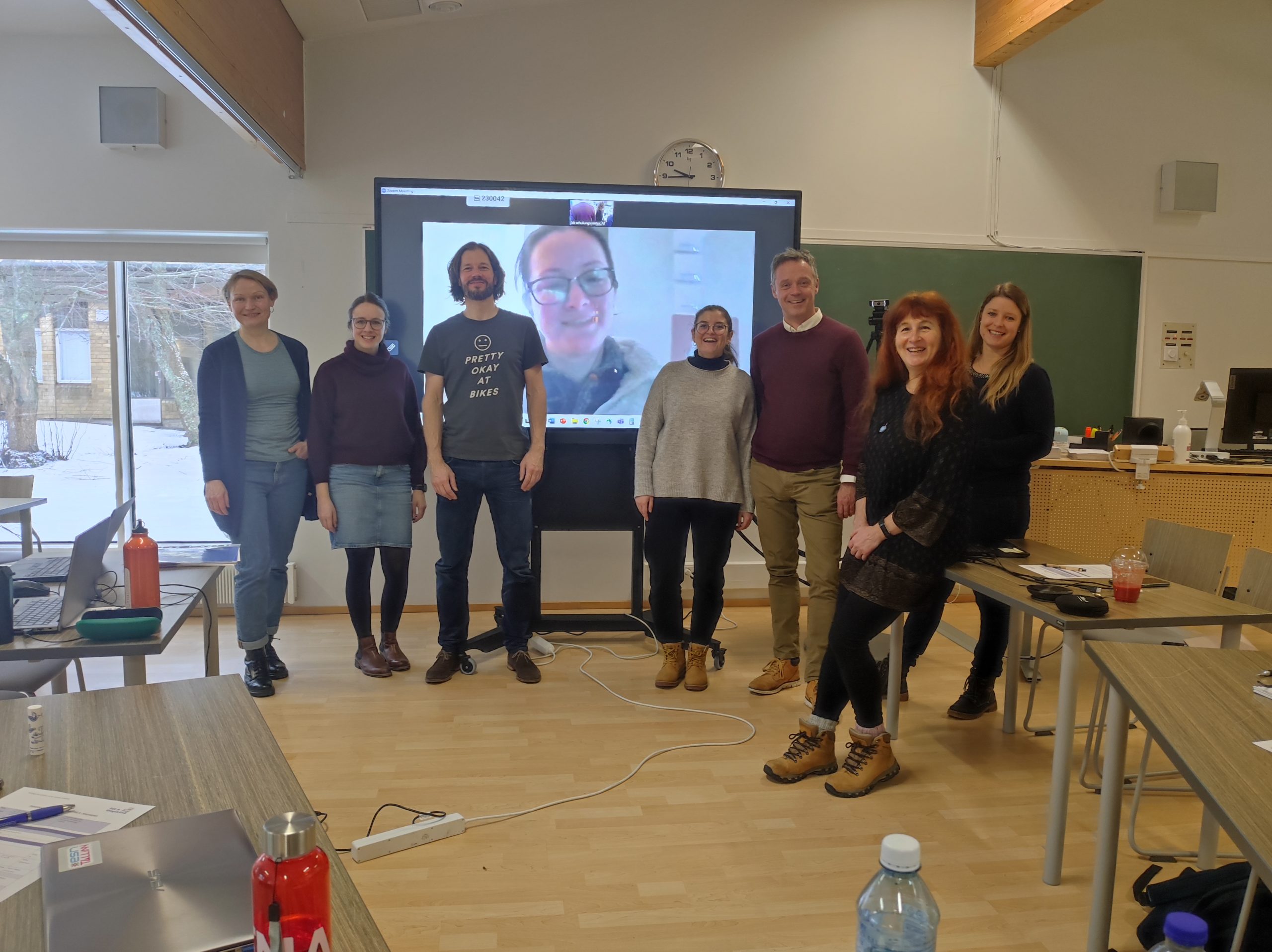By Catalina Covacevich
Analyst, OECD Directorate for Education and Skills
And Jimena Vargas
Consultant, OECD Directorate for Education and Skills
In today’s interconnected world, being able to communicate in more than one language is key to interact with people from different countries and cultures with whom we will inevitably cross paths. As well as cognitive and economic benefits, learning other languages has intercultural benefits, as it promotes an understanding of the complexity of cultures and allows learning about other visions of the world. Therefore, learning a foreign language can act as a powerful tool to increase intercultural skills, enhance global co-operation and discover new and innovative ways of thinking and working together.
Countries recognise the many benefits associated with foreign language learning and are placing increased emphasis on foreign language teaching in schools.
The latest data from the OECD’s international survey of teachers, TALIS, provide some insights into who foreign language teachers are and how the coronavirus (COVID-19) crisis could be affecting them.
What does the coronavirus crisis mean for foreign language teachers?
Foreign language teachers across TALIS countries and economies are more likely to have been abroad for professional reasons than other teachers. In addition to learning languages abroad, foreign language teachers often study in other countries as part of their training, or teach abroad. The difference is especially large in the European Union (EU), where, on average, 52% of foreign language teachers have studied abroad during their teaching education, compared to only 18% of other teachers. Furthermore, 26% of foreign language teachers in the EU have taught abroad, compared to just 9% of other teachers. International restrictions during the COVID-19 pandemic make the development of these international professional experiences very difficult.
It is not just teachers’ professional development that has been restricted during coronavirus. Foreign language teachers play an important role in accompanying visiting students abroad and 22% of them travelled internationally to establish contacts with other schools, as compared to 13% of other teachers. However, foreign language teachers across TALIS countries and economies are more likely than other teachers to use technology in their classrooms and as part of their lessons. By integrating technology in their teaching, foreign language teachers could continue to play a key role in connecting students and schools of other language communities – a crucial task at this moment.
By integrating technology in their teaching, foreign language teachers can play a key role in connecting students and schools of other language communities – a crucial task at this moment.
What else does TALIS tell us about foreign language teachers?
TALIS data also give us a snapshot of what foreign language teachers are actually teaching. On average across TALIS countries and economies, 18% of teachers teach modern foreign languages, with large differences across education systems; in Austria, the Czech Republic, Denmark, Iceland and Norway, 30% of teachers or more report teaching modern foreign languages (some of them alongside other subjects). In contrast, this is the case for fewer than 10% of teachers in Australia, England (UK), Singapore, South Africa and the United States. A majority (63%) of foreign language teachers also teach in other subject categories. The most common subject category is “reading, writing and literature” in the students’ mother tongue or language of instruction, followed by social studies, arts, technology, mathematics and science.
There are some differences in the content of the training of foreign language teachers compared with other teachers. Foreign language teachers are nine percentage points more likely than other teachers to report that teaching in a multicultural or multilingual setting was part of their formal education or training; and that they feel “well” or “very well” prepared for it.
The results from TALIS show that foreign language teachers have a different profile from other teachers and can contribute to their schools in unique ways. They feel better prepared to teach in a multicultural or multilingual setting and the fact that they are more likely to undertake international mobility also allows them to act as “international ambassadors” of their schools. The experience and know-how of the average foreign language teacher can become an asset for schools seeking ways to keep connected and preserve education continuity, especially during the coronavirus crisis.




